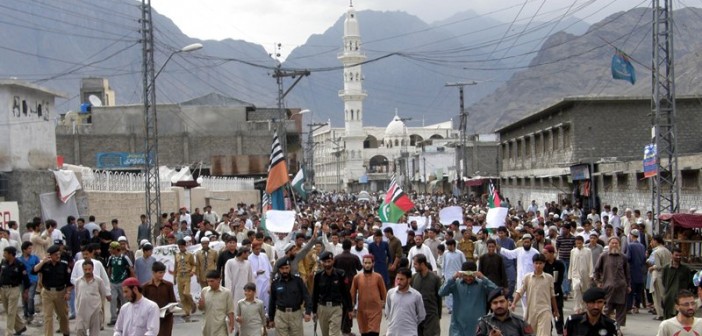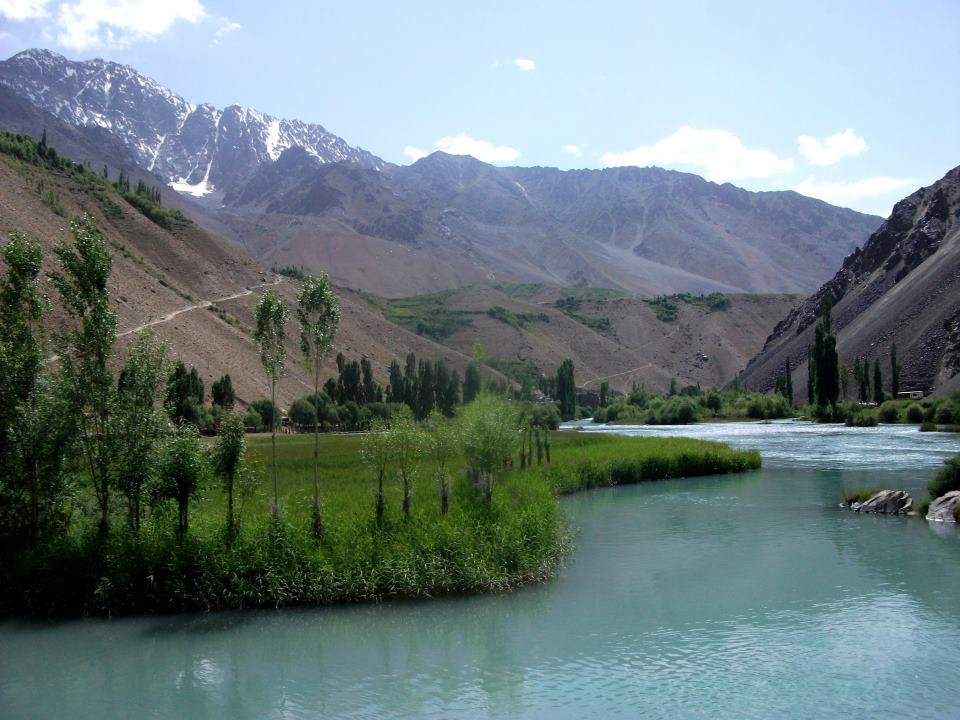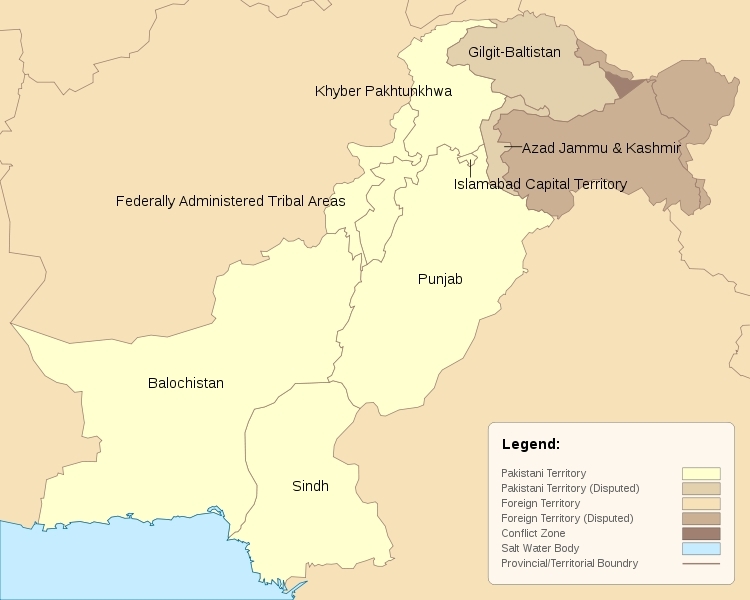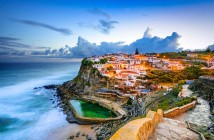To say that 1947 was a difficult year for the Indian subcontinent would be an understatement. India and Pakistan have their differences, and a great deal of this is over territory. In the shuffle of the 1947 Partition, unique territorial problems emerged, and these would last for decades. Most people have heard of Jammu and Kashmir, disputed regions between India and Pakistan. But have you heard of Gilgit-Baltistan? Recent unrest and political demonstrations should certainly put it on your map. BRIC Plus News gives you the key information about Pakistan’s beautiful yet troubled mountain region.
Where is Gilgit-Baltistan?
Gilgit-Baltistan is a region in the furthest northern reaches of Pakistan’s domain. The region is geographically remarkable, as the meeting place of three mountain ranges, the Karakoram, the Handukuch, and the Himalayas, it is home to 12 of the world’s 30 tallest mountains. Gilgit-Baltistan is blessed with beauty, where snowcapped peaks meet stunning blue skies, and lush valleys lean into sparkling lakes. The region borders Afghanistan, Kashmir, and China. The border with China is Pakistan’s only route into the country, making it extremely strategic. The planned Karakoram Highway will form a land trade route between the two countries, the main route of the China-Pakistan Economic Corridor.
Why is Gilgit-Baltistan a disputed territory?
In the turbulent years following the formation of Pakistan, many regions changed administration many times. Gilgit-Baltistan is no exception. Part of Gilgit-Baltistan was once considered part of Jammu and Kashmir, and this is a position which is still maintained by India. The greatest cause of its ambiguous political status is its administration. Gilgit-Baltistan is not officially a part of Pakistan, despite the fact that its people apparently decided to join Pakistan in revolt at the Kashmiri rulers. Even in 1973, the region was absent from the constitution. Without being recognised as part of Pakistan, Gilgit-Baltistan remains to this day in a state of political limbo. Being seen as a territory rather than a province, it is not afforded the same democratic rights as other regions. The region has no representation in national politics, and citizens are not permitted to vote in Pakistan’s elections. In the eyes of many inhabitants, Gilgit-Baltistan is treated as occupied territory.
What is happening in Gilgit-Baltistan?
50 people have been charged with sedition for arguing for greater autonomy in the region. The Gilgit-Baltistan Legislative Assembly has no power, and many citizens of the region would like it to be empowered to make political decisions. There have been strong calls for its integration into the Pakistani state. Just last year, 12 people were found guilty by an anti-terrorism court, and each received multiple life sentences. 100 were arrested. This is all in response to an apparently peaceful protest that took place in 2012. However, not all attempts at political power have been so. The death of two protesters at the hands of Pakistani security forces sparked riots which lead to the burning of government buildings in the region. The construction of the Karakoram Highway is a major issue among the locals. They fear the damage that may be done to the environment, and claim that the region will not benefit economically from increased Sino-Pakistani trade. Without the political tools to stop it and other measures, the residents of Gilgit-Baltistan must either sit tight or fight. The recent crackdown on protesters shows that acceptance may no longer be an option.








